Professor Bjorn Lomborg, author of The Skeptical Environmentalist, urges you to be wary of apocalyptic climate change news, even as the media, politicians and activists depict global warming as an existential threat. They assert that society must stop using fossil fuels, eliminate carbon emissions and find a new way to power the global economy. Lomborg is not a climate change denier – he does advocate a carbon tax, green innovation and other measures – but he regards climate change as a tractable problem society can navigate with adaptation and innovation.
The media, politicians and activists cause people to panic about climate change.
The media depicts global warming as an impending Armageddon, more dire than any thermonuclear apocalypse. Activists and progressive policymakers insist that only drastic solutions, such as eliminating fossil fuel use and reducing carbon emissions to zero, will prevent civilization’s imminent demise and human extinction. But since 2000, scientists have collected detailed information about climate change, and the science doesn’t support a doomsday view of global warming.
One story suggested that large portions of the inhabited earth would soon face inundation due to rising sea levels caused by climate change. But it did not mention that many people have lived on land that lies below sea level for generations and have adapted via “flood protection.” In the United States’ polarized political climate, politicians argue they can save humanity from the global warming apocalypse – but their opponents can’t.
Experts assess climate change by measuring temperatures and their effect on gross domestic product (GDP).
The effects of climate change&#...
Bjorn Lomborg, a visiting fellow at the Hoover Institution at Stanford University, also wrote The Skeptical Environmentalist and Cool It. In 2004, Time named him on its list of the world's 100 most influential people.










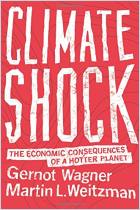
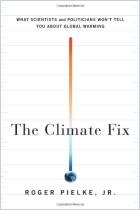
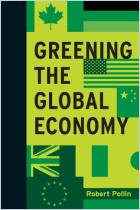
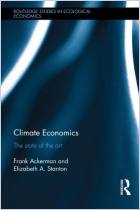
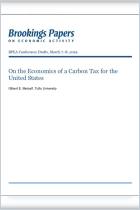
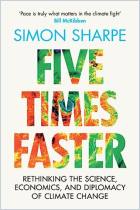




Comment on this summary or Iniciar a Discussão